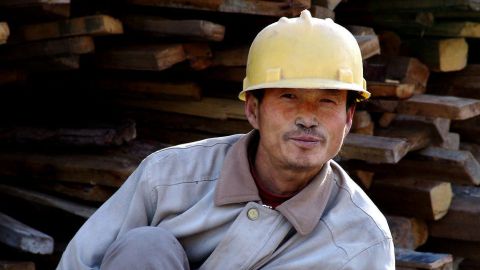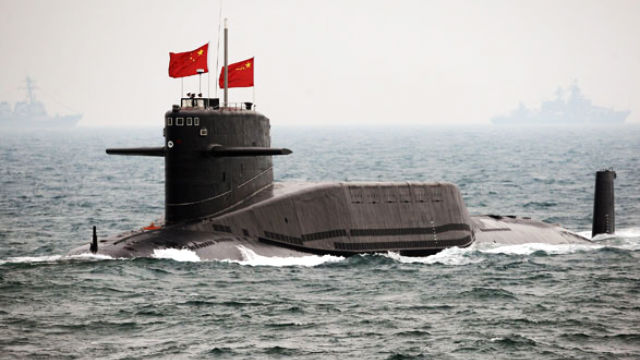Richard Dowden: Africa Will Be a Chinese Colony

In order to grow at rates above 8% per year, China requires abundant natural resources like oil, copper, and iron ore. And it has turned to Africa as their source of natural resources, investing billions of yuan in FDI projects in Africa over the past decade. And as Richard Dowden, Director of the Royal African Society, explains below, China has a trade advantage over the United States because it makes no suggestions or demands about internal politics or change; there is a strict observance of the sovereignty of nations in which they do business.
Cambridge research fellow Stefan Halper, and author of “The Beijing Consensus,” outlined the exact politics of such an agreement: China starts off by making “a generous cash payment to the chief of state, usually about 500 millions dollars,” he told us. “That money is usually transferred directly out of the country to either Switzerland or Andorra or somewhere like that. Sometimes, as in the case of Liberia, the chief of state gave half of the money back to the Liberian treasury and pocketed the other half and was declared a national heroine for doing so.”
After that, China offers the country a contract to, say, extract the oil and purchase the reserves, guaranteeing a certain flow of oil for a fixed number of years, maybe 30 years. In exchange, the country in question receives some sort of infrastructure development, usually connected to the project. China will often also build schools or health clinics. They may even throw in a sports stadium, a new legislature building, or even a new presidential palace. Zimbabwe president Robert Mugabe, for example, has a palace that is made to look like a pagoda.
Africa clearly benefits from the investment in infrastructure, but African people don’t benefit from the construction jobs: the Chinese send in their own workers, create their own barracks and restaurants for the workers, and even run their own brothels, he says. “It’s Chinese construction in a box.”





